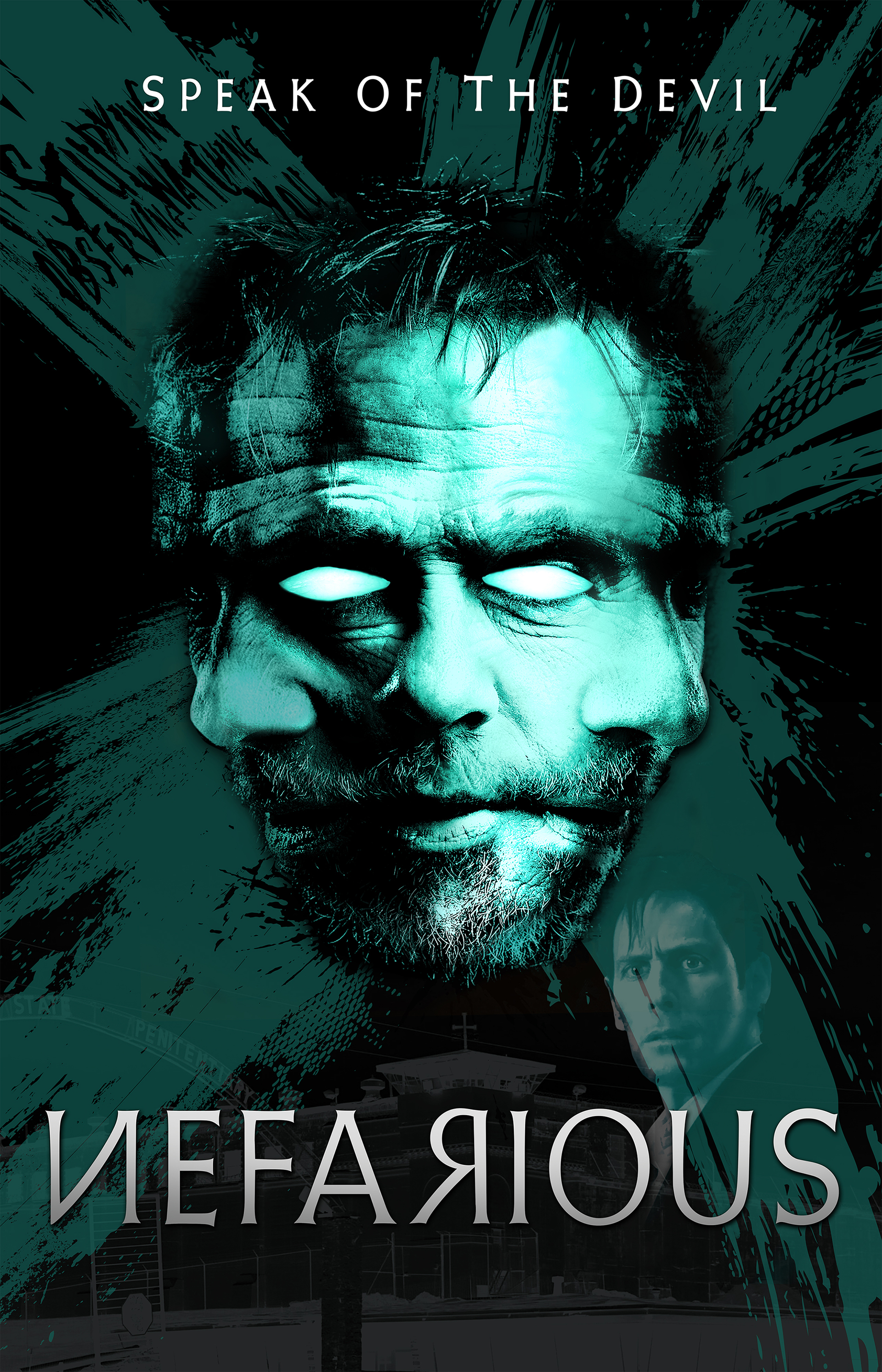Last weekend, two films about demonic possession released. The Pope’s Exorcist and Nefarious both ended up in the Top 10 weekend box office numbers (3rd and 9th respectively).

Though not all Christians will celebrate such films, much less see them, our culture’s continued interest in the exorcism genre should invoke mild curiosity, if not great interest. Much has been made of Western civilization’s drift away from its Judeo-Christian heritage into, what some have called, a post-Christian era. Not only are social structures becoming untethered from traditional mores, but Materialism has come to dominate our institutions.
Nevertheless, belief that Matter is all there is, and that the Devil and demons do not exist, has not appeared to squelch our intuitive sense that something is out there.
Exorcism films assume a biblical worldview; a world where the Supernatural exists and Spiritual Evil is real. No matter how good or bad these films are, Christians should appreciate that the worldview such films espouse are mostly biblical. No, that doesn’t validate every exorcism film. Nor does it mean that every assumption or portrayal in these films align perfectly with Scripture. It simply means that exorcism films must assume that the spiritual dimension is quite real, that God and the Devil actually exist, and that ultimate Evil is defeated by Absolute Good. To invoke the concept of a Devil is to appeal to the idea of God. Or as the titular character of The Exorcism of Emily Rose said, “People say that God is dead, but how can they think that if I show them the Devil?”
“To invoke the concept of a Devil is to appeal to the idea of God.”

Exorcism also implies spiritual Evil, which in turns implies spiritual Good. And to imply a spiritual dimension is to admit that the world is bigger than what we can see and feel. It also suggests that humans are more than just wetware. This is why, the majority of exorcism films assert an actual demonic entity, not a psychological condition. Yes, some films contain a psychological component to a possession. Films like The Babadook (2014), Smile (2022), and Relic (2020), all mix psychological elements (post-partum depression, mental illness, and dementia) with suggested paranormal phenomenon. However, most exorcism films appeal to the more traditional elements, which in turn reminds us that humans are more than just meat puppets. We are spiritual beings that can be subject to immaterial ideas, elements, and… things.
Also, we should note that these biblical worldview elements are packaged in the horror genre. Many Christians roundly condemn horror films on the grounds that we should focus on Light and Love, not Darkness. As a result, Christian stories have become notorious for being Inspirational and veering away from darker, grittier subject matter. However, demon possession and spiritual evil are indeed topics found in Scripture. To read the Gospels is to encounter both Satan and a Legion of various demons. For this reason alone, such elements should find place in our art and story-telling. Contemporary Romance, Historical Romance, and Amish fiction may have a place. But the horror genre is still the perfect vehicle to address this subject.
Ashley Bell, who starred in The Last Exorcism, put it this way: “Evil has no boundaries. And people are so intrigued by the devil. There’s always that question of, is it out there? And can it be real?” Even the Materialist who has ruled out God, and sees his existence as meaningless, must ponder that question: “Can it be real?” Can unspeakable Evil exist just beyond the boundaries of our sight and sound? And am I vulnerable to it? It is unlikely that an inspirational Christian Romance film will prompt the Materialist to explore that question. But the moment our guy has a smidgen of conviction that the Devil just might be real have a terrible plan for his life? Well, the jig is up. Whether intended or not, exorcism movies might do just that.















“Nevertheless, belief that Matter is all there is, and that the Devil and demons do not exist, has not appeared to squelch our intuitive sense that something is out there.”
Or–even worse, sometimes–the demonic ends up being in movies as just another level of the physical domain, that can be “solved” through material means.